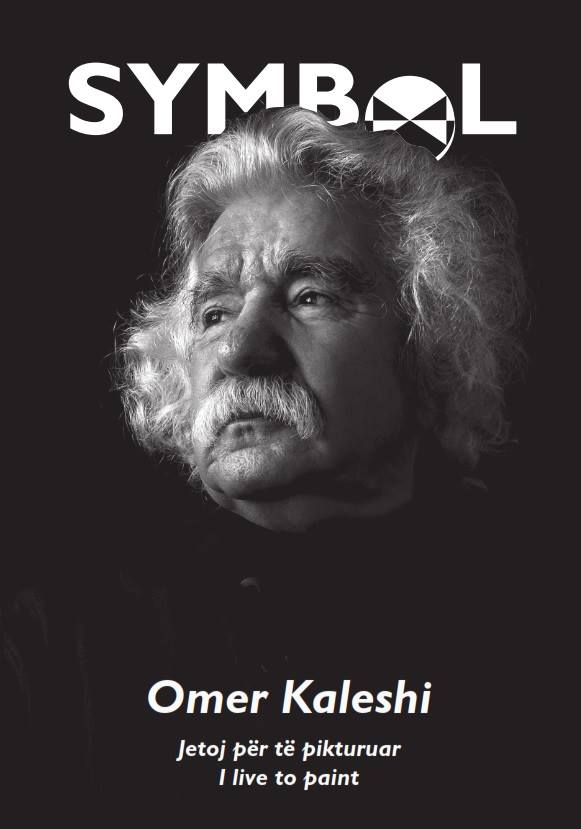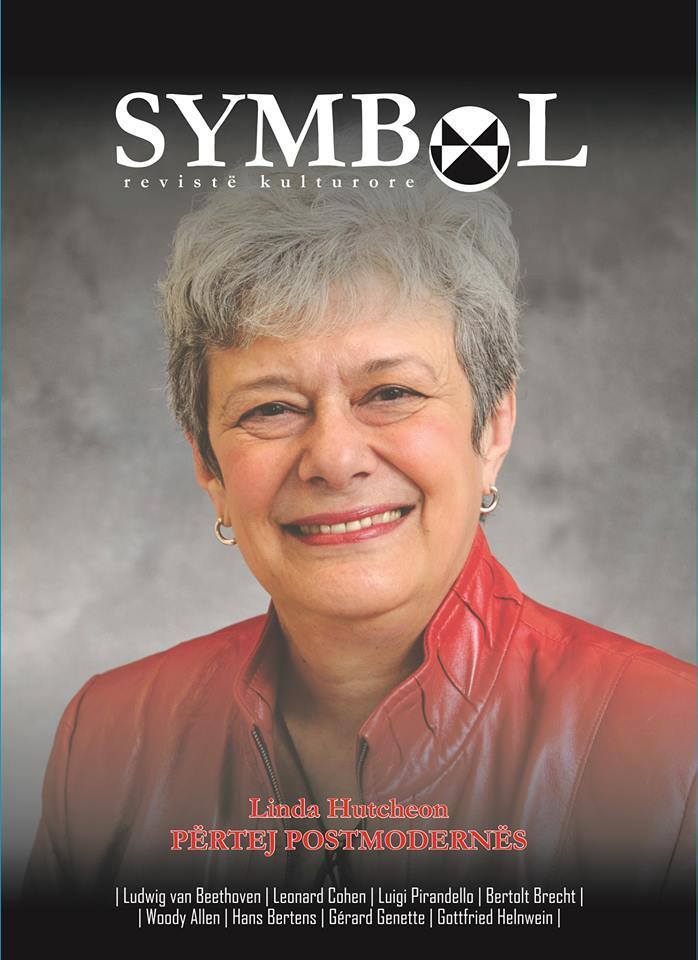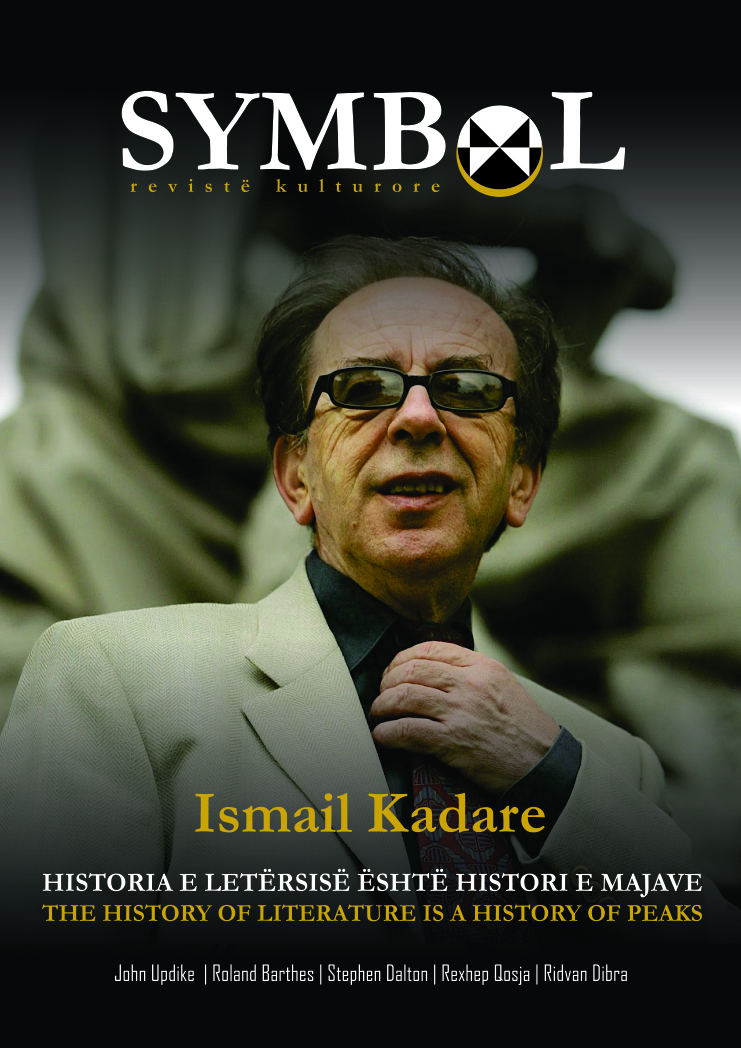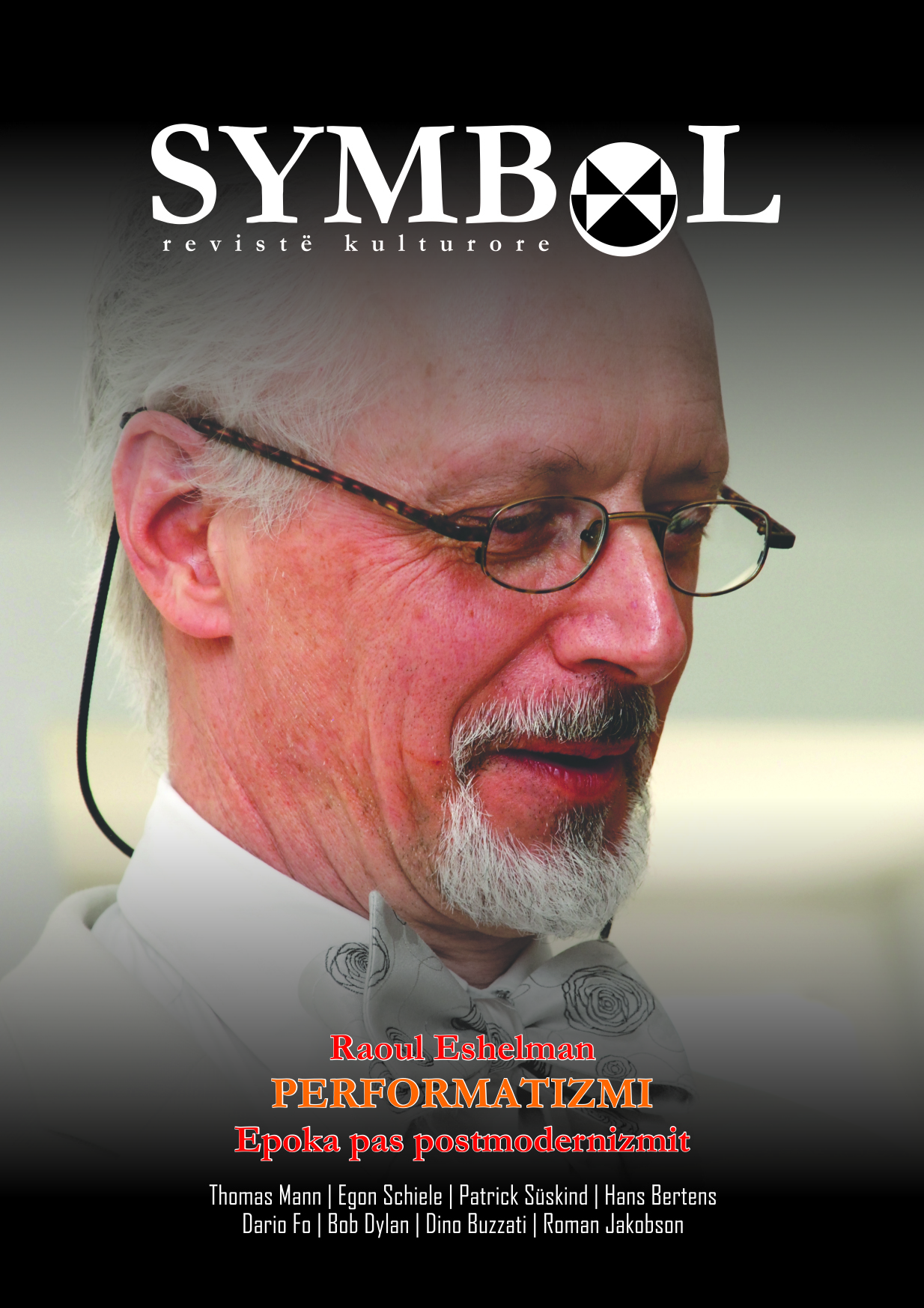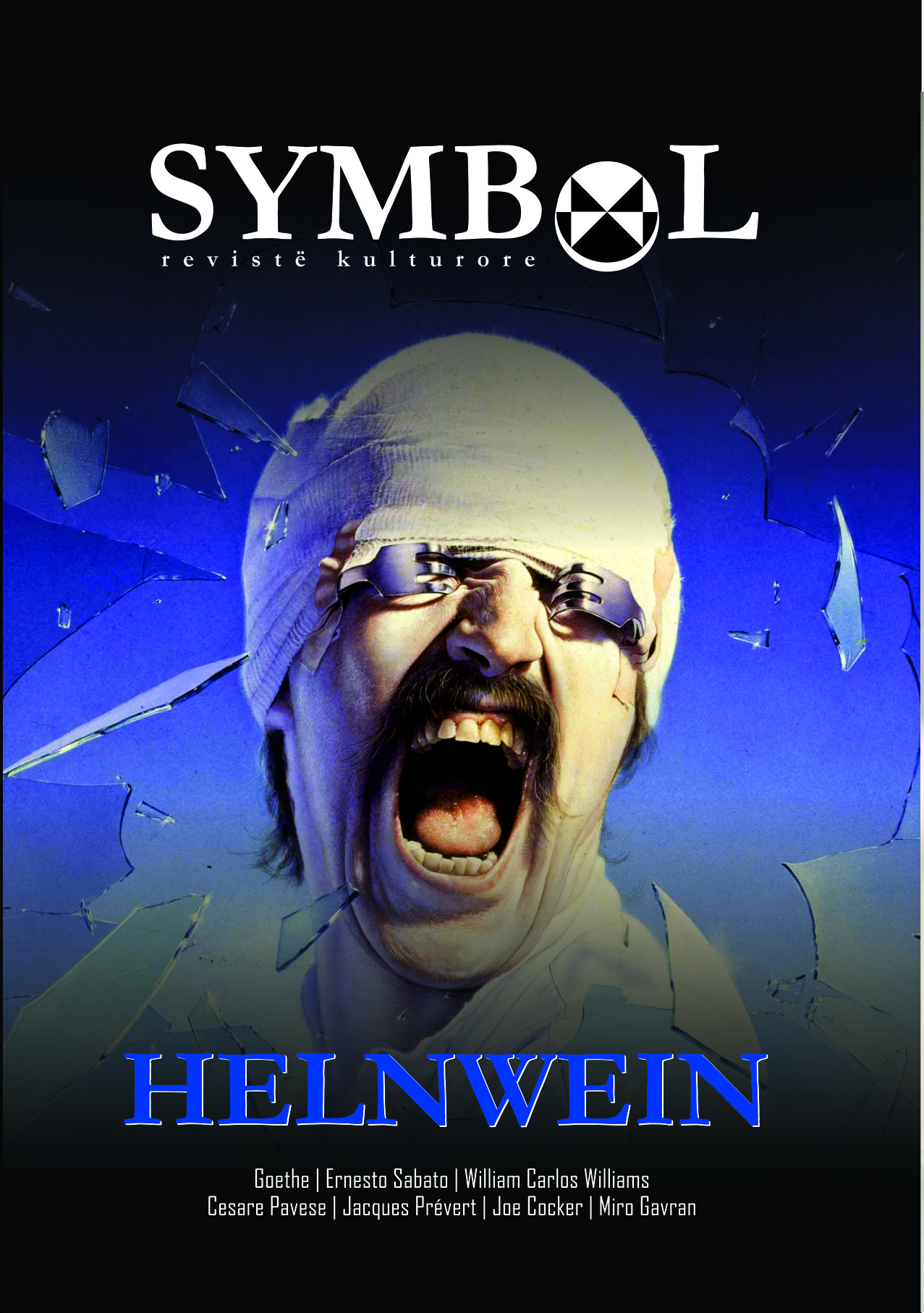Author(s): Xhavit Beqiri / Language(s): Albanian
Issue: 36/2017
The author of the Albanian national epic ‘Lahuta e Malcís’ [The Highland Lute in Albanian], Father Gjergj Fishta, is one of the most prominent names of the Albanian school of the first half of the 20th century. Even back in 1899, Fishta cooperated with Preng Doçi (1846-1917), Dom Ndoc Nikaj (1864-1951) and folklorist Pashko Bardhi (1870-1948) to establish the Shkodra literary society called Bashkimi [The Union in Albanian], which embarked on resolving the pressing issue of Albanian alphabet. Fishta, a leading figure of public and cultural life in northern Albania, especially in Shkodra, was in 1902 appointed as Secretary of the Commissariat of the General Secretariat of the Franciscan Mission in Albania and Leader of Franciscan School in Shkodra, which ‘was the first school in Shkodra where lessons started to be given in Albanian language’. Yet, Gjergj Fishta's overall activity culminated with his participation in the Congress of Monastir (1908), where he represented the Bashkimi literary society. In 1913, Fishta founded the monthly Hylli i Dritës [The Star of Light in Albanian] magazine, which published literary, folklore, political and historical texts. In 1916, he returned to Shkodra, at the time of Austrian rule, and took over the Albanian edition of Posta e Shqypnies [Albanian Post] newspaper. In the meantime, together with Luigj Gurakuqi, Ndre Mjeda, Mati Logoreci and others, he started to work on the organization of the Shkodra Literary Commission, who engaged in bettering the spelling and unification of Albanian language.The Commission decided to use the central dialect of Elbasan as a neutral compromise for the language standard. However, that decision was at odds with Gjergj Fishta's wishes, who hoped that the northern Albanian koine would soon serve as a literary norm for the whole country, just as Dante's language had served as a guide for the standard Italian.
More...
